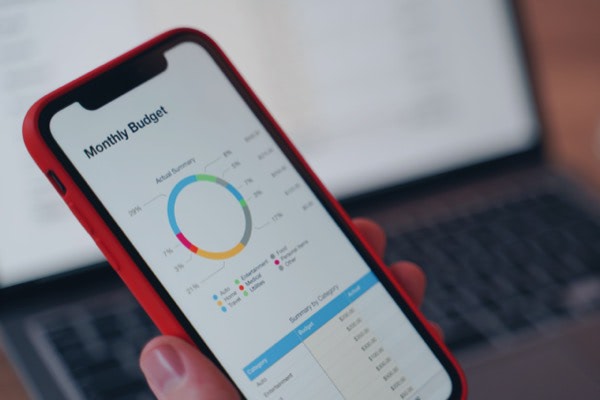Should you refinance your mortgage this winter? In this post, we discuss some key items to consider before making this decision.

Mortgages for the Self-Employed
If you are self-employed you might have to jump through a few more hoops to get a mortgage. This means that there may be more paperwork and a more thorough underwriting process to receive a mortgage. When done right, though, the process can be quite simple!
Documentation Requirements
The biggest difference between self-employed workers and a person that is on a company payroll is that self-employed must prove their income to any mortgage lender that they apply to. Those with traditional employment will only have to show a few documents, like T4s and payment stubs, like proof of income. Self-employed will have to show a little bit more documentation, such as financial statements and Notices of Assessment. The documentation will vary based on who the self-employed Canadian is; are you a sole proprietorship or a corporation?
Most mortgage lenders will want to see at least two years of tax returns or accounts when assessing your documentation, and the more you show the better. If your business has had a lot of ups and downs, it will be better to give your underwriters three to five years of taxes and explain any significant decreases in income. And while two years of accounts is ideal, don’t panic if you don’t have that! Some lenders will still consider your application, especially if you can prove a record of regular work, if there is evidence that you have work lined up for the future, or if you have left your employment to work as a contractor in the same industry.
Other Qualifications
On top of being able to prove your income, mortgage lenders will also look at your debt service ratio to ensure that you qualify for a mortgage. Your debt service ratio is calculated by adding up your annual mortgage payments, property taxes, and other debt payments and then dividing by your gross family income. This will calculate how much you will be able to afford to pay monthly to own a house.
Moreover, borrowers will need to have a good credit score to qualify for a mortgage with a lender. Having a good credit score is very important. Most mortgages aren’t available unless you meet a minimum score of 680. If you’re not sure what your credit score is or would like to read more about credit scores, check out our previous posts about it!
Plan Ahead
When you are looking at applying for a mortgage, work with a mortgage broker and involve an accountant in the process. They will help ensure that you are writing off your business expenses correctly. An accountant will also help prepare your accounts and make sure that they are up-to-date before you apply for a loan. As mortgage professionals, we have a lot of experience helping our clients that are self-employed. We will work with you to find the best solution and make the process as painless as possible.
If you are looking at buying a home, talk to one of our mortgage professionals here at Centum Home Lenders. We will help find the best mortgage for you and make the process as easy and painless as possible.
Get in touch with us here and let’s discuss your future!


